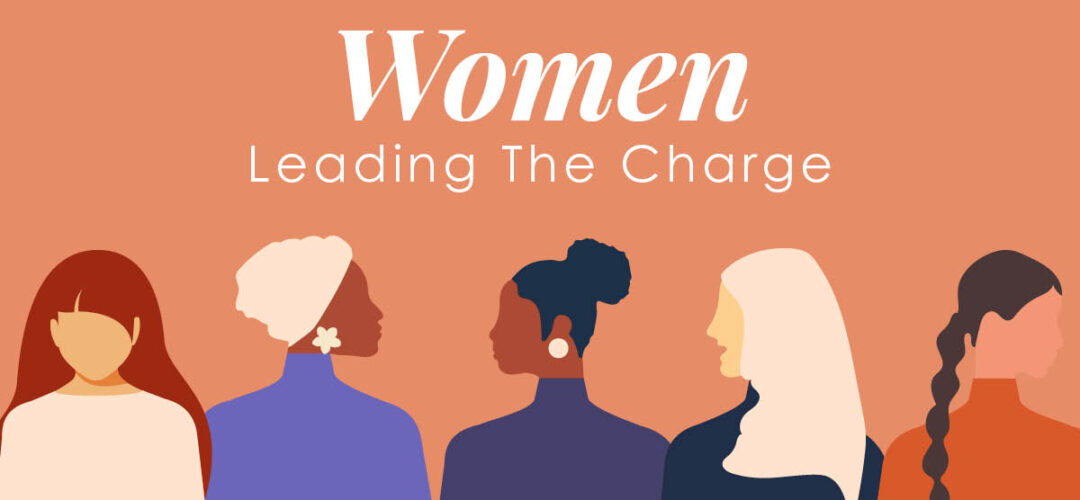Women Leading the Charge: Strengthening Democracy Through Philanthropic Investment
March 29, 2024
Democracy across the globe is under immense strain. The very foundations democratic societies rely on—free and fair elections, informed and engaged citizens, and a robust civil society—are being tested in unprecedented ways. In this challenging landscape, philanthropy has a critical opportunity to rise as a champion of democratic ideals. But who will lead the charge?
This question stands even more acutely in 2024 when, according to the United Nations Office of the High Commissioner for Human Rights, more than 60 countries will see voters head to the polls, representing almost half of the world’s population.
What is the answer then? The key lies in uplifting a demographic that has historically been a driving force for positive change—women. Women comprise nearly half of the world’s population and a record number of 2024 political candidates. And women are not only playing a vital role as voters, organizers, and elected officials, they are also shaping (or, rather reshaping) philanthropic mindsets, practices and solutions.
As Women’s History Month comes to a close, we must lift up women as uniquely positioned to lead philanthropy in its efforts to strengthen democracy. This is strongly supported by the insights in the Rockefeller Philanthropy Advisors’ (RPA) report on Democracy Focused Philanthropy which found a powerful correlation: when funders invest in leaders of color, particularly women, the results are transformative. These leaders bring a unique perspective, often informed by lived experiences of marginalization within the very systems they seek to improve. Their leadership fosters a more inclusive and equitable approach to strengthening democracy, ensuring all voices are heard and represented. As one example, Dimple Abichandani of the General Service Foundation cited the historic voter turnout in 2020 can be directly linked to the long-term investments made in Black-led organizations in Georgia and Latinx/Native-led organizations in Arizona. These investments, focused on power building and community organizing, yielded dividends when they were needed most.
These observations are further reinforced in The Everyday Feminist, a book authored by RPA’s President and CEO Latanya Mapp. As she says, “If we are serious about our social impact goals and our giving efforts, we can no longer afford to underestimate, overlook, and underfund what has historically been our most crucial lever for transformative social change: Everyday feminist women.” After all, it is these everyday feminists who are essential to building the power and resilience needed for a thriving democracy.
So, what can the philanthropic sector do to invest in and center women, particularly women of color, in this work? Here are some key areas where funders can strategically focus their resources:
- Intentionally Investing in Women Leaders. Identify and support women-led organizations working to strengthen democracy. Provide them with flexible, unrestricted resources and visibility they need to amplify their voices and advance their agendas. Recognize they know best and should be in the driver’s seat of this work.
- Building a Supportive Ecosystem. Foster a supportive ecosystem for women leaders in a way that goes beyond grantmaking budgets. This includes non-financial support such as providing leadership training, mentoring opportunities, and access to networks that can help them thrive.
- Embracing a Long-Term Vision. Adopt a long-term perspective when supporting democracy initiatives and the frontline organizations that are implementing them. Shift the focus from short-term interventions to investments that build lasting change.
- Promoting Collaboration. Convene funders, activists, and policymakers to facilitate collaboration and knowledge-sharing. This will strengthen the support system for women leaders and help ensure philanthropic efforts are aligned and mutually reinforcing.
Women are critical to the fate and health of democracy globally. By lifting up women-led organizations and initiatives, philanthropy can help them unleash their full potential to create authentic, transformative change. Check back as we continue to explore the topic of women leaders and democracy this year.
Back to News